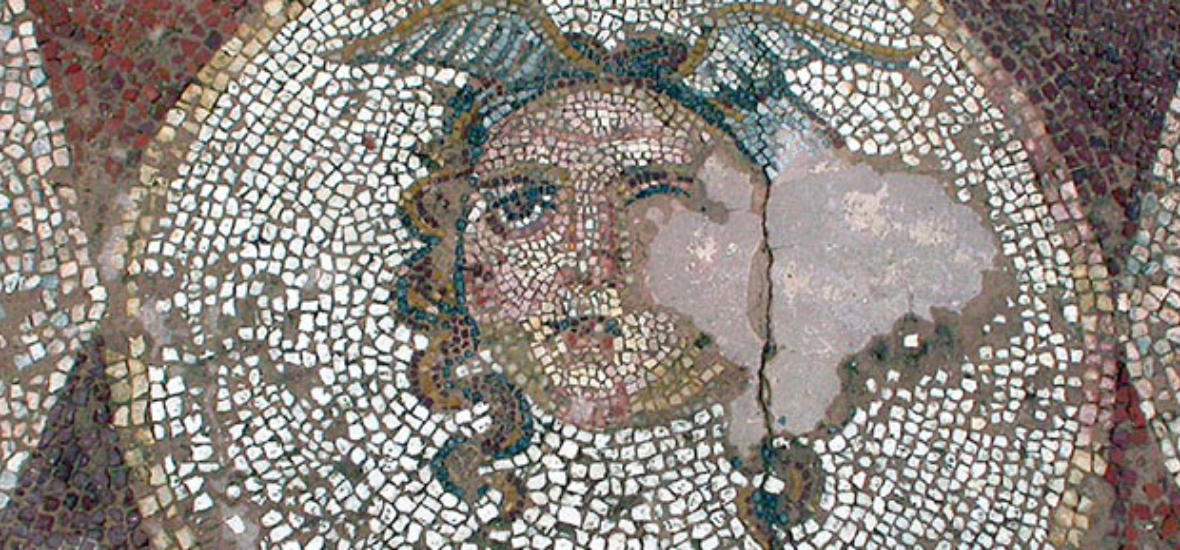Приказ основних података о документу
Interpretation of Cultural Heritage and Formal Education: ‘’TRAME’’ Erasmus+ Project Serbia Participation
| dc.creator | Anđelković Grašar, Jelena | |
| dc.creator | Jevtović, Ljubomir | |
| dc.date.accessioned | 2023-10-03T13:37:10Z | |
| dc.date.available | 2023-10-03T13:37:10Z | |
| dc.date.issued | 2022 | |
| dc.identifier.isbn | 978-86-6439-081-1 | |
| dc.identifier.isbn | 978-86-80094-20-5 | |
| dc.identifier.uri | https://doi.org/10.18485/arhe_iahip.2022 | |
| dc.identifier.uri | http://rai.ai.ac.rs/handle/123456789/609 | |
| dc.description.abstract | Today, the valorization of cultural heritage is seen as a complex process, which is primarily based on an interdisciplinary approach, greatly surpassing the known concepts of protection, presentation or interpretation. Certainly, the foundations of adequate valorization of cultural heritage should primarily be shaped by knowledge about it, and formal education must necessarily be seen as one of the basic carriers of information and the initial phase of continuous work on developing awareness of the importance of heritage. Therefore, the first valuation of heritage is inextricably linked to the knowledge gained in schools, at the first place - primary, and more importantly in the secondary. From all the above, it follows that it is necessary to make cultural, and especially archaeological heritage, as accessible as possible for the educational system through an appropriate methodological approach and modern tools, as well as examples of good practice, whether on an international, national or local level. On the other hand, in order to achieve this kind of synergy, the interpretation of cultural heritage in all three mentioned segments plays a very important role. It enables the development of teaching methodologies through non-formal learning and the application of practical knowledge formed through the use of various educational tools, while through examples of good practice it develops a sense of acceptance (adoption) and evaluation of heritage in local environments. This type of dialogue between formal education and interpretation of cultural heritage is one of the topics researched by the TRAME project - Tracce di memoria from the Erasmus + program, and on this occasion the main results of the project will be presented. | sr |
| dc.language.iso | en | sr |
| dc.publisher | Belgrade : Serbian Archaeological Society | sr |
| dc.publisher | Belgrade : Institute of Archaeology | sr |
| dc.rights | openAccess | sr |
| dc.source | Integration of archaeological heritage interpretation into practice: concepts and case studies | sr |
| dc.subject | TRAME project | sr |
| dc.subject | Education | sr |
| dc.subject | Cultural heritage | sr |
| dc.subject | Archaeology | sr |
| dc.subject | Methodology | sr |
| dc.subject | Migration | sr |
| dc.subject | Multiculturalism | sr |
| dc.title | Interpretation of Cultural Heritage and Formal Education: ‘’TRAME’’ Erasmus+ Project Serbia Participation | sr |
| dc.type | bookPart | sr |
| dc.rights.license | ARR | sr |
| dc.citation.epage | 76 | |
| dc.citation.spage | 63 | |
| dc.identifier.doi | https://doi.org/10.18485/arhe_iahip.2022.ch6 | |
| dc.identifier.fulltext | http://rai.ai.ac.rs/bitstream/id/1740/bitstream_1740.pdf | |
| dc.type.version | publishedVersion | sr |


